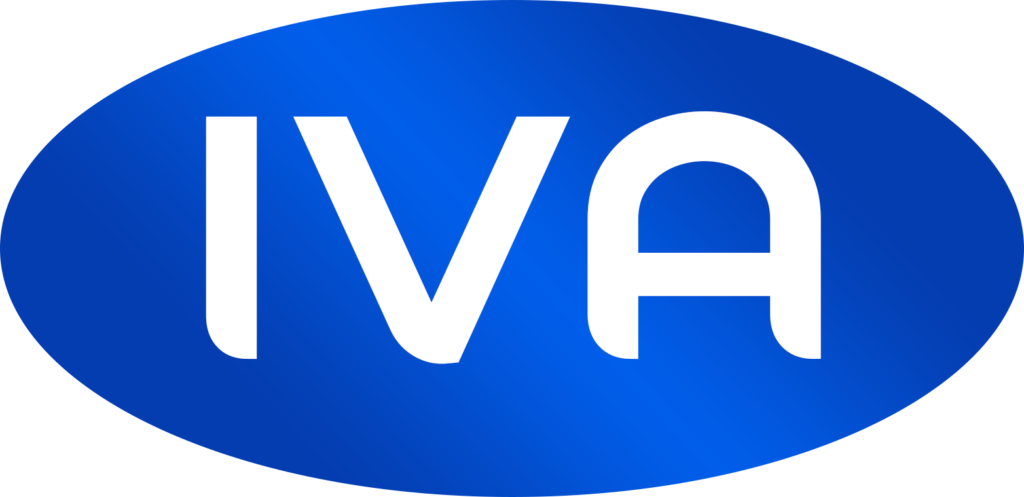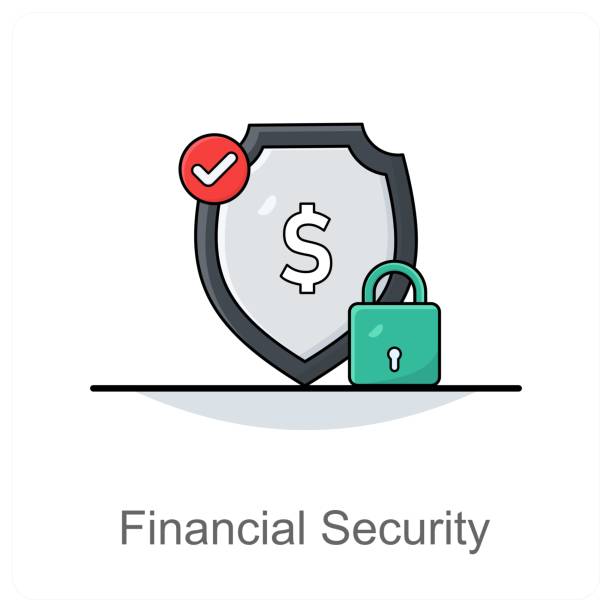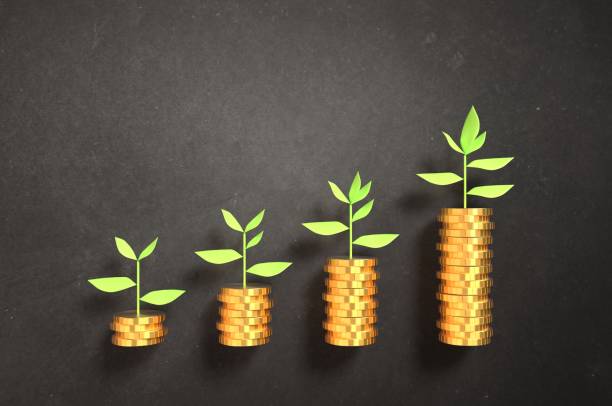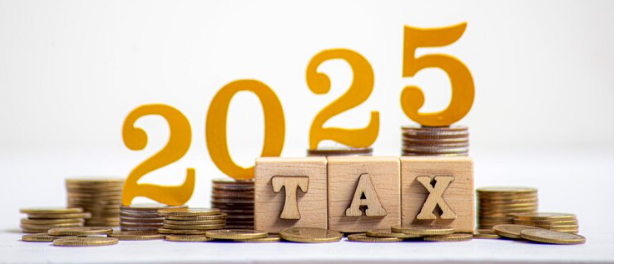IVA or Bankruptcy: How to Choose the Best Option
For UK citizens facing mounting debt and financial challenges, deciding between an Individual Voluntary Arrangement (IVA) and bankruptcy can feel overwhelming. Both are powerful tools to resolve financial stress, but choosing the right option depends on your specific circumstances and goals.
In this blog, we’ll explore the differences between IVAs and bankruptcy, their advantages, disadvantages, and which might be the best fit for you.
What is an IVA?
An Individual Voluntary Arrangement (IVA) is a formal agreement between you and your creditors, allowing you to repay a portion of your debts over a fixed period, typically five to six years. At the end of the agreement, any remaining debt is written off.
Key Benefits of an IVA:
- Allows you to maintain control over essential assets, such as your home and car.
- Protects you from creditor harassment and legal action.
- Provides a structured repayment plan based on your income and expenses.
For UK citizens seeking to maintain financial stability while repaying their debts, an IVA offers a tailored solution with manageable monthly allowances. Learn more about applying for an IVA here.
What is Bankruptcy?
Bankruptcy is a legal process designed to help individuals overwhelmed by debt. It involves liquidating assets to repay creditors and typically lasts for one year, after which most remaining debts are discharged.
Key Benefits of Bankruptcy:
- Provides immediate debt relief and legal protection from creditors.
- Suitable for those with little to no disposable income.
- Faster resolution compared to an IVA.
However, bankruptcy comes with significant consequences, such as the potential loss of your home and restrictions on certain financial activities.
IVA vs Bankruptcy: A Comparison
| Aspect | IVA | Bankruptcy |
|---|---|---|
| Control over Assets | Allows you to keep essential assets like your home and car. | Assets may be sold to repay debts. |
| Impact on Credit | Affects your credit score for six years but offers a clear repayment structure. | Also impacts credit but may carry a more severe public record. |
| Monthly Payments | Fixed monthly payments based on your income and expenses. | No structured monthly payments unless you have a surplus income. |
| Eligibility | Requires a regular income to make agreed payments. | Available to anyone unable to repay their debts, regardless of income. |
| Public Record | Not listed in the London Gazette. | Listed publicly in the London Gazette. |
Which Option is Right for You?
Choosing between an IVA and bankruptcy depends on your financial circumstances, goals, and the assets you want to protect.
Consider an IVA if:
- You have a regular income and can afford monthly repayments.
- You wish to avoid losing your home or car.
- You want to maintain financial stability with a structured plan.
Consider Bankruptcy if:
- Your debts are unmanageable, and you have no means to repay them.
- You’re not concerned about retaining significant assets.
- You need a fresh financial start quickly.
For tailored advice on whether an IVA or bankruptcy is right for you, visit Apply for IVA to explore your options.
How We Can Help
At Apply for IVA, we specialise in helping UK citizens resolve financial stress and make informed decisions about debt management. Our team of experienced professionals will guide you through every step of the process, whether you choose an IVA or bankruptcy.
Take the First Step Towards Financial Freedom
Don’t let debt control your life. Contact us today for personalised support and take the first step toward resolving your financial challenges.
#IVA #Bankruptcy #DebtSolutions #FinancialFreedom #ResolveFinancialStress #UKCitizens #DebtHelp #MonthlyAllowance #ApplyForIVA







